(CLO) Although US President Donald Trump has temporarily suspended the imposition of 25% tariffs on Mexico and Canada, he can completely restart them at any time. Meanwhile, the policy of imposing an additional 10% tax on Chinese goods has officially taken effect.
These import tariffs will be a test of Mr Trump's economic strategy, which he has called "the greatest tool ever invented".
Imposing such a strong tariff could be the biggest gamble Mr. Trump has made during his four years in the White House, with the risk of upsetting the economy, directly affecting the cost of living and increasing inflationary pressures.
Economists have warned that the tariffs could raise prices at grocery stores, destabilize the stock market and potentially lead to job losses in an all-out trade war.
Immediately after the new tariffs on Chinese goods took effect today (February 4), China responded strongly by imposing tariffs on a number of imported goods from the US.
In particular, China's Finance Ministry said it would impose 15% tariffs on US coal and LNG and 10% on crude oil, agricultural equipment and some types of cars.
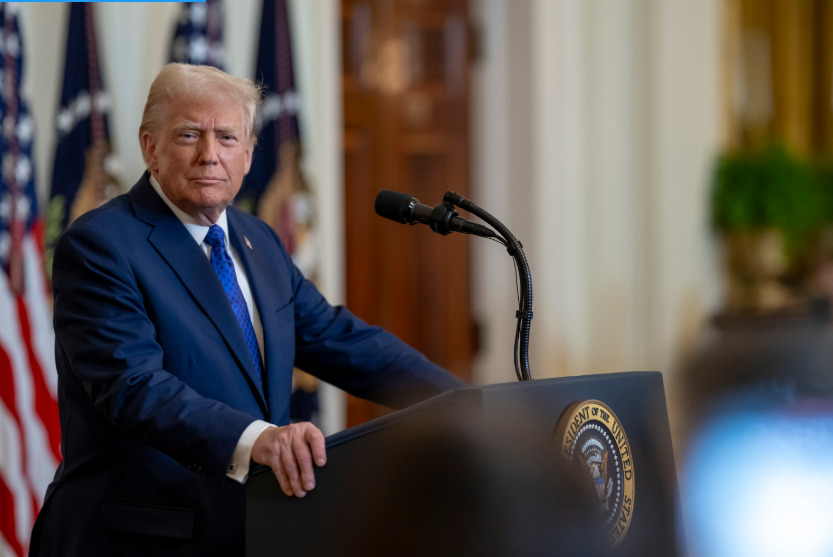
US President Donald Trump. Photo: White House
Tariffs: Negotiating Tool or Economic Risk?
Mr Trump has always viewed tariffs as an effective negotiating tool that can help him achieve his goals of addressing issues such as the trade deficit, illegal immigration and drug trafficking.
However, experts say that in the first term, tariffs were mainly applied to other countries and did not cause serious inflation. But this time, tariffs are much higher and applied in a significantly changed economic context with higher living costs.
Mr Trump has imposed tariffs on $1.4 trillion of imported goods, triple the previous level, meaning the impact on the economy will be much greater, while prices are rising and consumers are more sensitive to price increases.
One of the biggest concerns is that tariffs could disrupt supply chains and cause prices to rise, especially in industries like autos and food.
Auto parts often cross borders multiple times before a vehicle reaches the market, and high tariffs can add up to $3,000 to the price of a vehicle.
Will items increase in price immediately?
Experts predict that commodity prices will not increase immediately, but will gradually escalate throughout the supply chain.
Consumers will feel the change slowly, from grocery stores to hardware stores, with price increases inevitable if tariffs are imposed, said Mary Lovely, an expert.
Tariffs could also hurt consumer demand and investment, leading to concerns about a slowdown in economic growth.
Economists predict that these tariffs could reduce US GDP growth by 1.5 to 2.1 percentage points in the coming years, creating a stagflationary shock that could adversely affect financial markets.
One important factor is how the US Federal Reserve (FED) will react to these tariffs. If tariffs boost inflation expectations, the Fed may not cut interest rates as expected, which could affect economic growth.
Imposing such a strong tariff is a risky strategy, and if things go wrong, it could cause serious damage to the US economy. Experts say the Trump administration is "playing with fire" by taking this step.
Ngoc Anh (according to 9news, CNN)
Source: https://www.congluan.vn/canh-bac-thue-quan-14-nghin-ty-usd-cua-ong-trump-va-moi-rui-ro-voi-nen-kinh-te-my-post332795.html



![[Photo] Looking back at the impressive moments of the Vietnamese rescue team in Myanmar](https://vstatic.vietnam.vn/vietnam/resource/IMAGE/2025/4/11/5623ca902a934e19b604c718265249d0)


![[Photo] "Beauties" participate in the parade rehearsal at Bien Hoa airport](https://vstatic.vietnam.vn/vietnam/resource/IMAGE/2025/4/11/155502af3384431e918de0e2e585d13a)




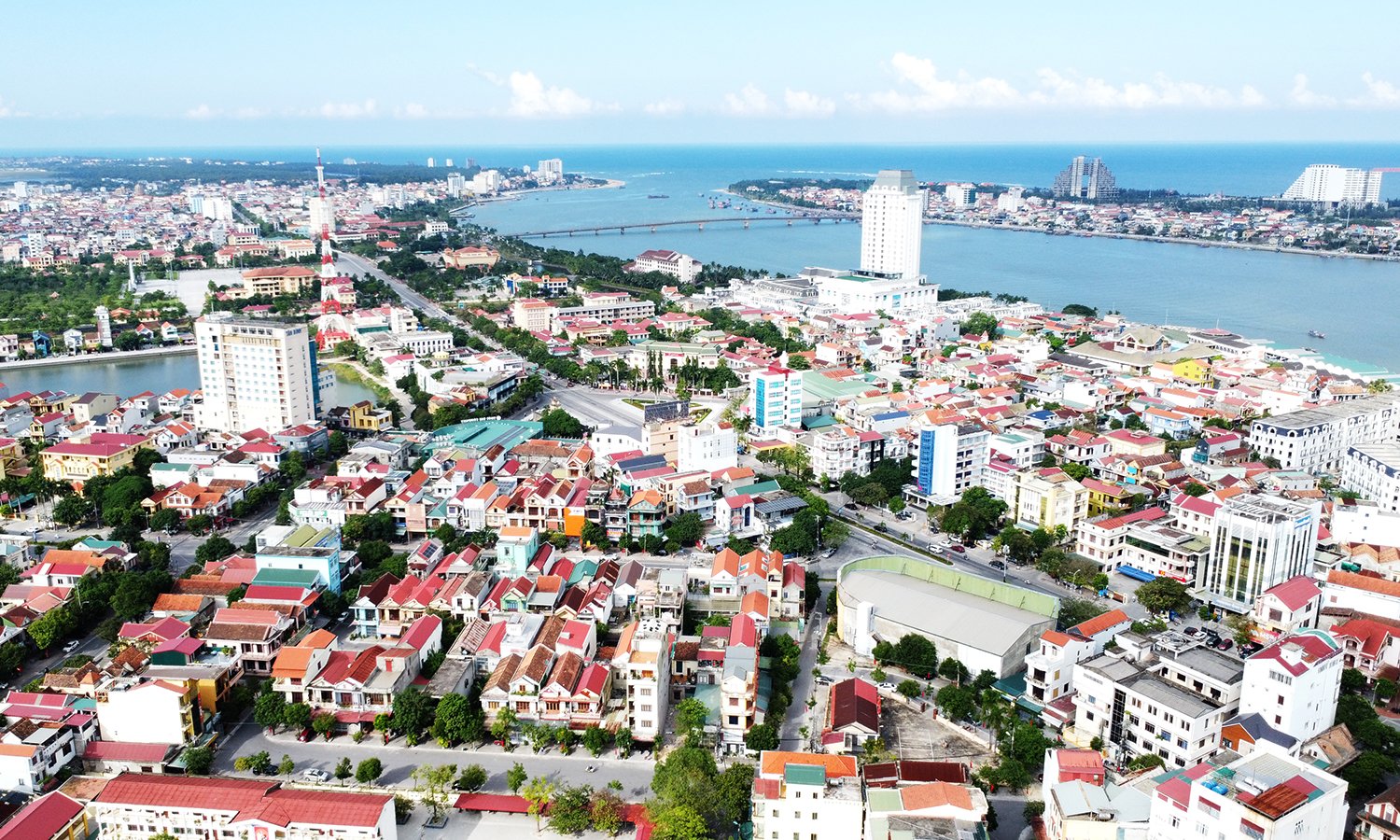







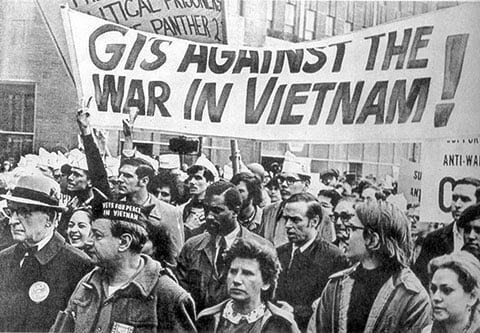

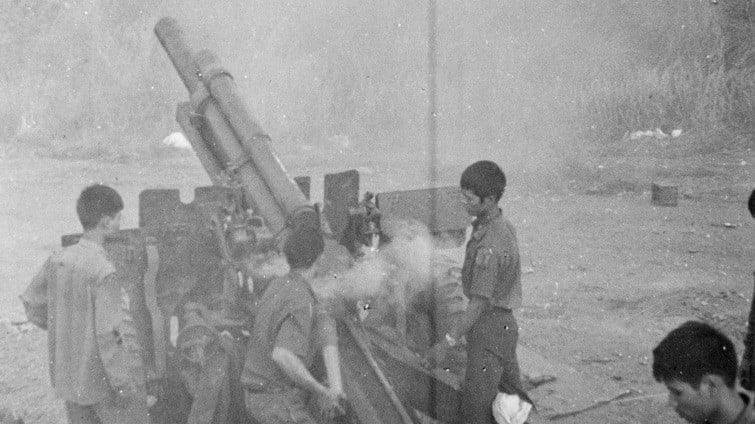








![[Photo] Summary of parade practice in preparation for the April 30th celebration](https://vstatic.vietnam.vn/vietnam/resource/IMAGE/2025/4/11/78cfee0f2cc045b387ff1a4362b5950f)







































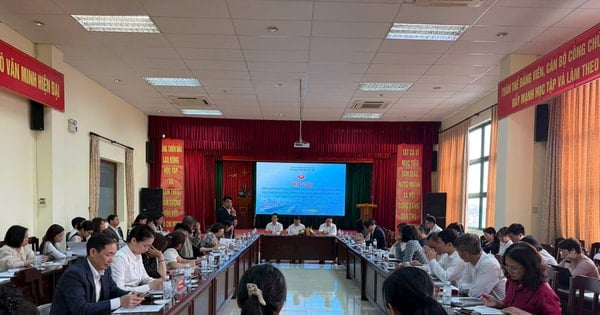

















Comment (0)